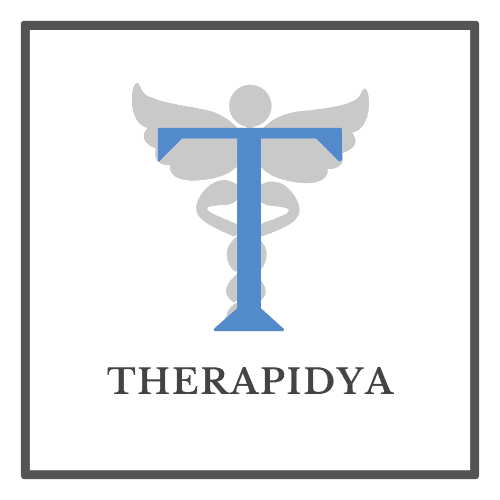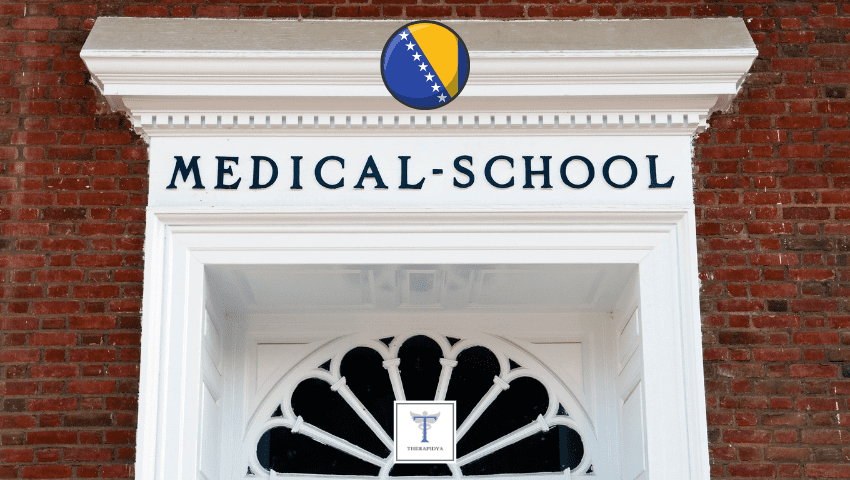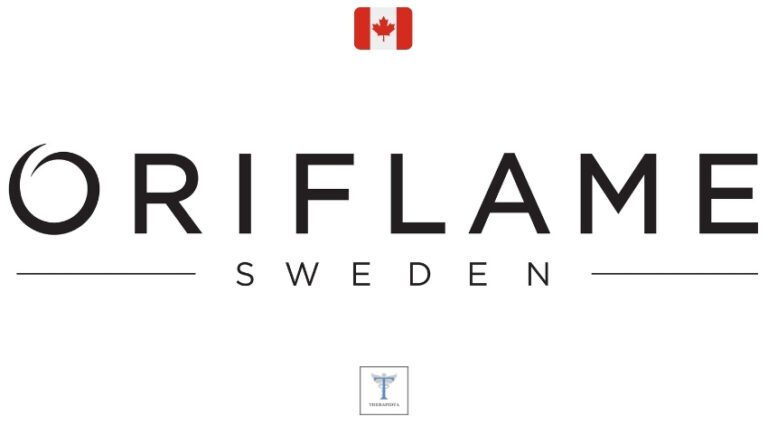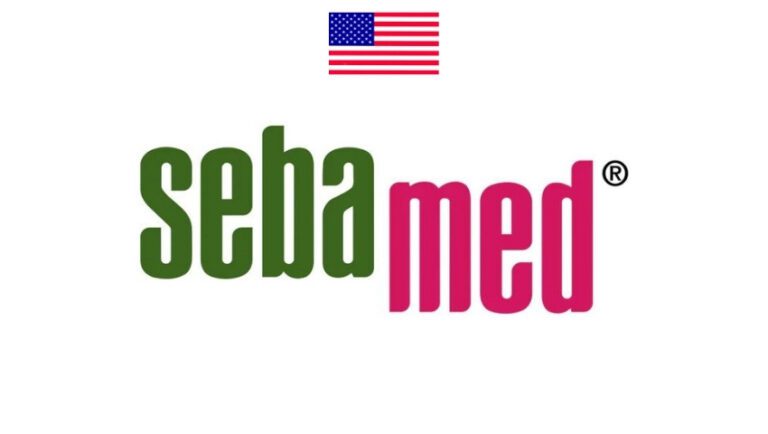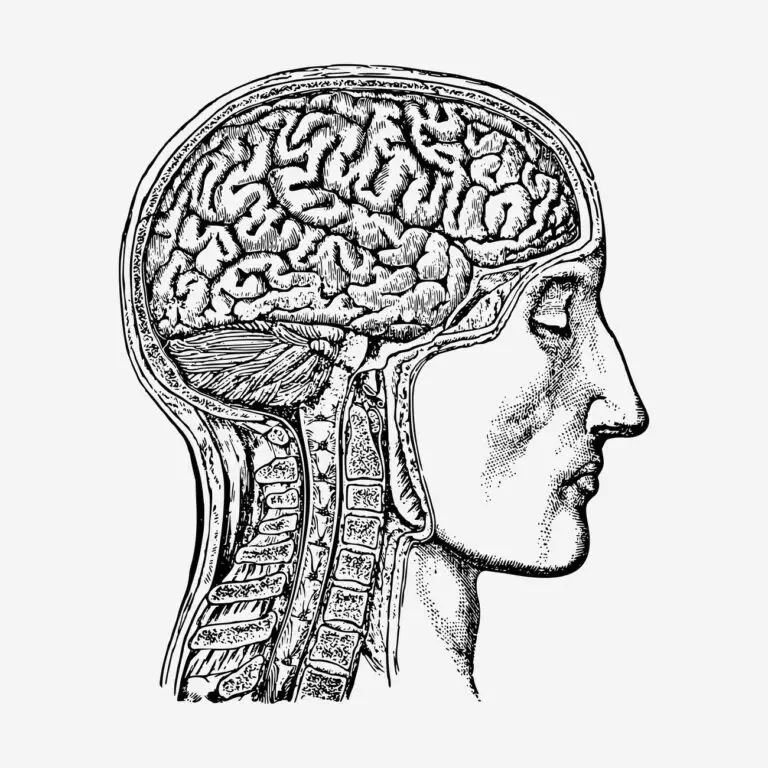Studying Medicine in Bosnia and Herzegovina: The Complete Guide.. 2023
In this article, we will discuss the subject of studying medicine in Bosnia and Herzegovina for you. After the political turmoil of the 1990s, the Republic of Bosnia and Herzegovina has become a popular destination for tourists and international students.
Anyone interested in studying medicine can apply to universities in Sarajevo and Mostar. Numerus clausus is not required.

Studying Medicine in Bosnia and Herzegovina
Bosnia and Herzegovina is located in Southeast Europe on the Balkan Peninsula, east of the Adriatic Sea and almost entirely in the Dinaric Mountains. The country has a population of about 3.5 million and spreads over an area of over 51,000 square kilometers. The republic is divided in the north into the Bosnian region, which occupies about 80 percent of the national territory, and the smaller Herzegovina region in the south.
Republika Srpska, the Federation of Bosnia and Herzegovina and the Brcko Region also belong to the national territory. The state is surrounded by its neighbors Croatia, Serbia and Montenegro. In 1992, the republic emerged from parts of the former Yugoslavia. The population is largely made up of Bosniaks, Serbs and Croats, with the national languages being Bosnian, Serbian and Croatian.
The memory of the Yugoslav wars is still fresh, but the country’s economy has rebounded and tourism is booming. Since 2010, the republic is an official candidate for NATO membership and EU membership is also sought. The eastern capital, Sarajevo, especially attracts young people with the many cultural opportunities it offers.
The university city of Mostar is located in the coastal region of the country. Besides their cultural and scenic features, both cities offer the opportunity to take English language courses in humanities at internationally oriented universities. Universities in Sarajevo and Mostar have a good reputation.
Also read: Studying Medicine in Germany
Which Universities Provide Medical Education?
Two universities in the republic offer medical education for international students:
- Sarajevo School of Science and Technology at the University of Sarajevo
- Mostar University Faculty of Medicine
Sarajevo is the vibrant capital of the republic, located in the middle of the Dinar Mountains and with a population of about 555,000 in the entire metropolitan area. The city center is about 500 meters above sea level, even the suburbs reach 900 meters. The city is famous, among other things, for the assassination attempt in Sarajevo, which is considered the trigger of the First World War.
The old town with its oriental influence is especially worth seeing. Numerous cultural institutions, museums, theaters and festivals make the metropolis a popular destination not only for tourists, but also for foreign students.
The Human Medicine course has been available at the Sarajevo School of Science and Technology since 2014. The language of instruction is English. The Medical University is valued for its exceptional facilities. It is recognized by FAIMER (International Foundation for the Advancement of Medical Education and Research) and is listed in the World Directory of Medical Schools. Sarajevo School of Science and Technology also offers courses in Dentistry, Health Sciences and Pharmacy.
With a population of around 113,000, Mostar is the largest city in Herzegovina and is famous for the Stari, a stone bridge spanning the Neretva River, and is a UNESCO World Heritage Site. Mostar Medical School has been offering medical studies with English courses since 2018. 30 students are admitted per year.
The University is valued above all for the intense personal support it offers. The medical faculty receives support from universities in Rijeka, Pula, Split and Zagreb. Professors from these universities are sent to Mostar and teach parts of the preclinical department there.
Also read: Medical Education in Netherlands

What are the Requirements for Studying Medicine in Bosnia and Herzegovina?
If you want to study medicine in the Balkan Republic, you must have a high school diploma or similar school leaving certificate. Numerus clausus is not required. Good to very good grades in natural science courses are an advantage. However, the most important decision criterion is a personal interview with prospective students.
The Sarajevo School of Science and Technology also conducts a scientific entrance exam that lasts approximately 90 minutes. Knowledge of biology, chemistry and physics is required. In another 90-minute test, prospective students need to prove their knowledge of English. A personal interview lasting 30 to 45 minutes rounds out the admissions tests. Several dates for the tests are scheduled between April and September, announced on the university’s website. Applicants can also set different dates upon request.
There was no entrance exam at the Faculty of Medicine in Mostar for the 2020 winter semester. However, applicants must prove that they have studied English for at least four years during their studies. Alternatively, language skills can be proven with TOEFL, IELTS or CAE certification.
Application to Medical Faculties in Bosnia and Herzegovina
Generally, an identity card or passport and a copy of the birth certificate are required for medical studies. Applying to Sarajevo School of Science and Technology is easy using an online form. General personal information, school education, especially grades in natural sciences, any academic education you may have already completed, awards and hobbies you have received are required.
In addition, the university wants to know why applicants decided to study at the medical school in Sarajevo. The original school leaving certificate and other diplomas and certificates, if any, must be submitted with the application form.
Mostar Medical School also provides the application form online. Certified degrees are also required, including translations into Croatian, proof of English language skills, a resume and a motivation letter. In addition, prospective students must prove that they have the necessary health and psychological conditions for medical education. Proof that tuition fees can be paid is also required.
Content of Medical Education in Bosnia and Herzegovina
Although the Republic is not yet a member of the European Union, international courses in Sarajevo and Mostar have been adapted to EU educational structures and standards. This means that physician candidates receive education in the undergraduate-graduate system and receive ECTS points for the work they do.
In Sarajevo and Mostar, training in human medicine lasts six years and culminates with the title of “Doctor of Medicine” (MD). In the first semesters, mainly theoretical knowledge is given, including the basics of biology, physics, chemistry, anatomy and first aid. Courses in medical ethics, medical law, and medical history round out the curriculum. In addition, students take language courses in English, Latin and Croatian (Mostar) or Bosnian (Sarajevo).
At the Medical University in Sarajevo, practical units lasting four to six weeks are held from the second year of study. In the sixth year, students work alternately in various clinics in different departments and thus gain practical experience.
The lesson takes place in a block system, so individual subjects are taught one after another, not simultaneously. Each block ends with a final exam. If desired, students can also prepare for the US USMLE or Canadian MCC exam.
Cost of Studying Medicine in Bosnia and Herzegovina
The official currency is the convertible mark (KM) or mark. It has been used as a means of payment since 1998. One KM corresponds to approximately 0.51 Euro. However, many places also accept the euro as a means of payment.
As in many other countries, there is a fee to study medicine in the Republic. At the Medical Faculty of Mostar, this amount is 18,000 KM per academic year, which equates to around 9,000 Euros. Tuition fees in the field of humanities at the Sarajevo School of Science and Technology are around 12,000 Euros for foreign students. There are also fees for entrance tests and registration. Those who organize their study abroad through an agency or institute should plan for additional costs.
Flights to Cumhuriyet can be booked from around 20 Euros. A centrally located two bedroom apartment costs around 380 KM (190 Euros) per month, if you rent a small apartment or live a bit outside, you pay just 270 KM (165 Euros).
As a rule, students do not need their own car, a single trip by local public transport costs an average of 1.80 KM (0.90 euros), a monthly ticket is available for 50 KM (25 euros). An international student ID provides additional advantages, not only in terms of transportation, but also for visiting cultural institutions and numerous activities. The food is cheap, you only pay 40 KM (20 Euros) for a menu even in an upscale restaurant.
This post is also available in: العربية (Arabic) Dansk (Danish) Nederlands (Dutch) Français (French) עברית (Hebrew) Italiano (Italian) Polski (Polish) Română (Romanian) Русский (Russian) Türkçe (Turkish) Español (Spanish) Български (Bulgarian)
